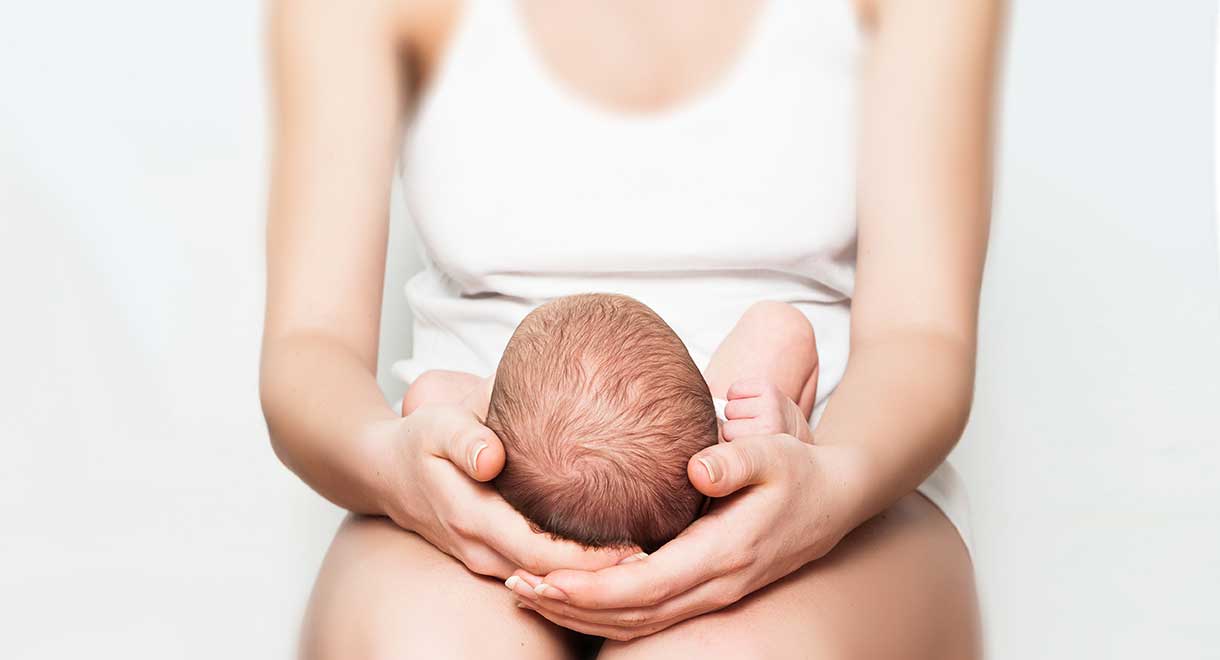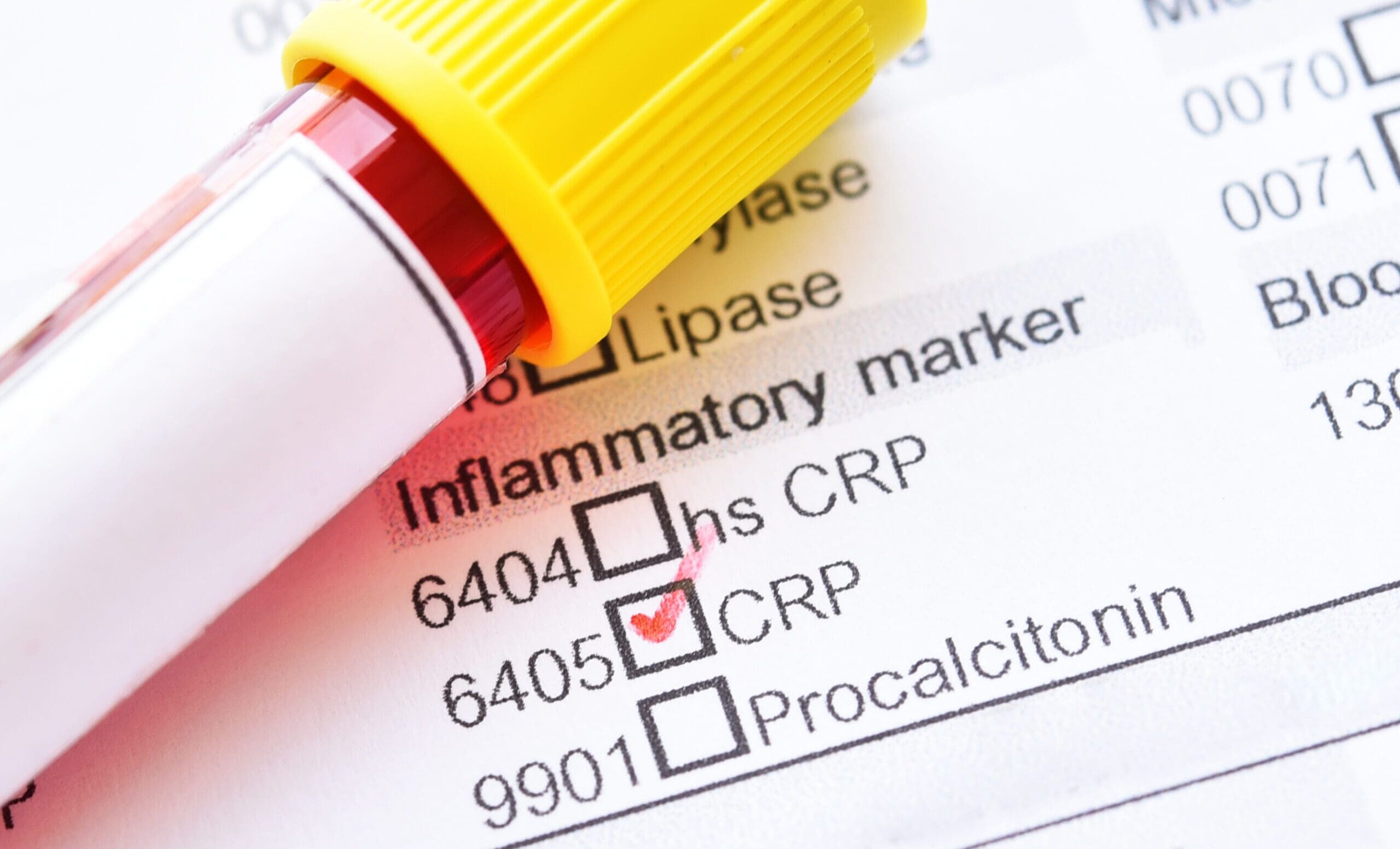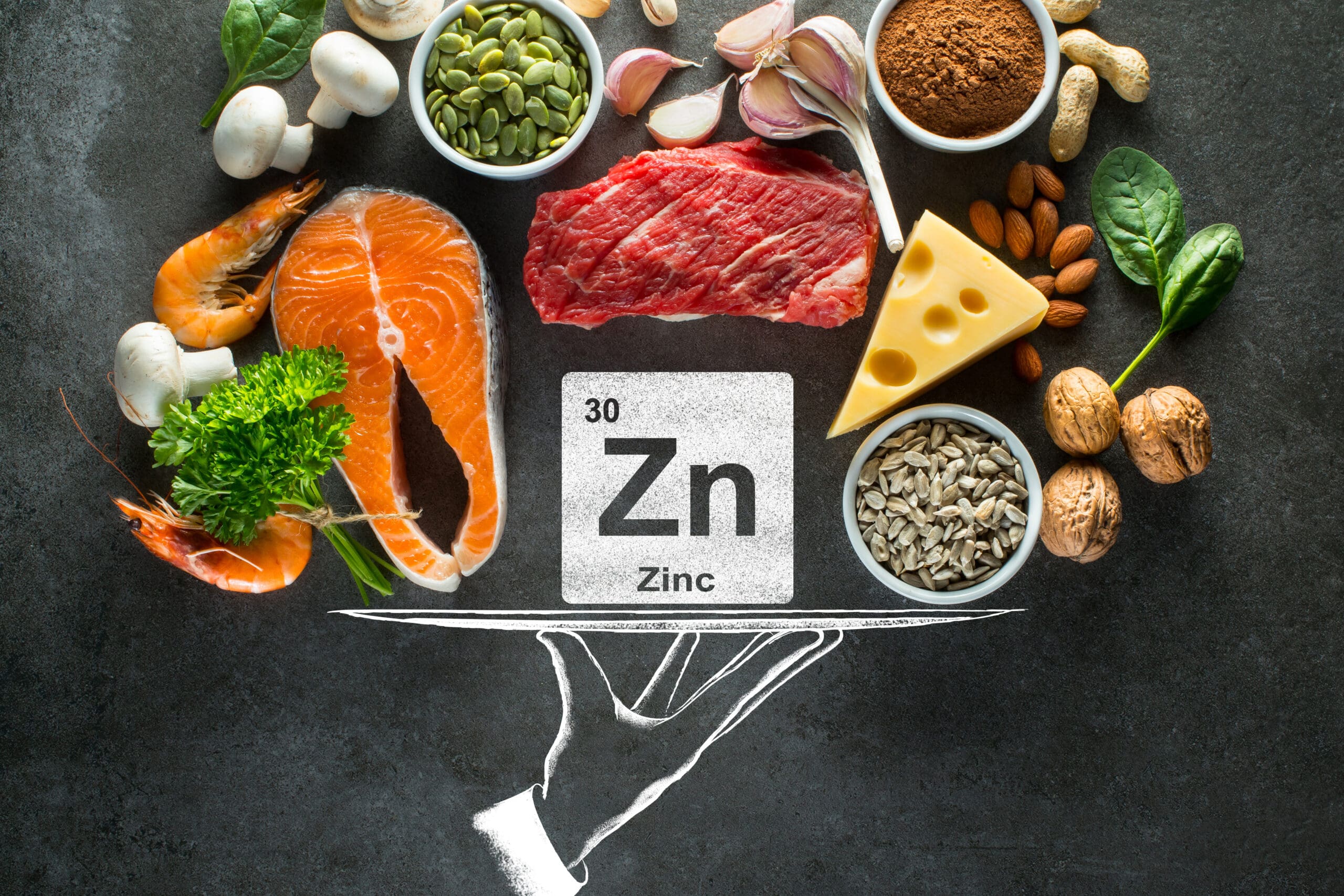Case study: Gas and bloating after childbirth
By naturopath Margaret Jasinska
Emily arrived at her consultation feeling irritable and exhausted. She had a two month old baby boy and ever since he was born she suffered with absolutely awful abdominal bloating and gas. It was so bad that it disrupted her ability to sleep.
Emily’s digestive system seemed fine for most of the day, but by around 4:30pm each afternoon she started to get bloated and gassy. This continued to get worse into the evening, and after she ate her dinner Emily became so uncomfortable that it was actually not possible to lie down. She said “It feels like I’m pregnant all over again. My belly puffs up so much that it’s actually difficult to breathe deeply while lying down”.
Emily had become quite distressed because this problem left her absolutely exhausted. She was already sleep deprived from waking up several times throughout the night to feed and settle her son. Her husband had recently hurt his back, and that meant he was a restless sleeper and often disturbed Emily. She said “The cruel thing is, I’m not getting any sleep during those precious gaps in the night when no one is disturbing me because my belly is so swollen and uncomfortable that I can’t get relaxed enough to sleep”.
This was really taking a toll on Emily. She said she was becoming irritable and snappy and constantly yelling at her dog. Her doctor had given Emily the go ahead to resume her exercise regime after giving birth, but Emily was far too exhausted to have the strength or motivation to do anything. She really wanted a solution for her gut problems.
My recommendations for my patient
Emily ate healthy food and took nutritional supplements. She didn’t have coeliac disease but gluten made her feel unwell so she didn’t eat it. She also avoided dairy products and soy. Dairy gave her hay fever and soy made her feel very tired. Emily had always been slim and active with a big appetite. She had a big appetite now as well because she was breastfeeding. The problem was, Emily ate all day.
A couple of hours after a meal, Emily had a snack. She often ate eight meals a day. Her snacks mostly comprised of fruit, nuts and paleo bread, which she toasted and topped with tahini, nut butter or tuna. Emily loves bananas and often ate four or more a day. Frankly I was amazed she wasn’t overweight and didn’t suffer with digestive problems sooner. Her digestive system was overloaded with digesting food all day, and the food Emily ate was high in fibre. All that fibre swelled up inside her gut.
- It’s natural to feel hungry while breastfeeding and sleep deprived. I encouraged Emily to eat larger meals, so she wouldn’t need to snack as much, and I asked her to include more protein and fat in her meals. Satiating sources of protein include salmon, lamb, beef and chicken thigh, rather than breast. Whey protein powder is an excellent source of complete protein, containing all essential amino acids. Making a protein smoothie using Synd-X Protein Powder would be quick and easy for Emily.
- I also asked Emily to try and eat fewer foods that are high in FODMAPs. I referred her to this resource.
- A low FODMAP diet can offer immense relief from digestive discomfort and irritable bowel syndrome, but loss of tolerance to FODMAPs is usually caused by other problems such as an inflamed gut lining and/or digestive enzyme deficiencies. I would have given Emily BactoClear capsules if she wasn’t breastfeeding. I normally do not give pregnant or breastfeeding women herbal supplements. BactoClear contains berberine and essential oils, which have natural antimicrobial properties and can help with bacterial or fungal overgrowth in the gut.
- I did ask Emily to take Ultimate Gut Health powder. It contains glutamine and other soothing nutrients to heal the gut lining and provide symptom relief from bloating and digestive complaints.
- I asked Emily to reduce her intake of kombucha. It can aggravate bloating in some people with small intestinal bacterial or fungal overgrowth. She was drinking several glasses of it each day.
- I asked Emily to try and sit down at meal times, slow down and chew her food more thoroughly. She often ate while cleaning up, doing the laundry or ironing. It’s not possible to digest food well under those circumstances.









Leave A Comment